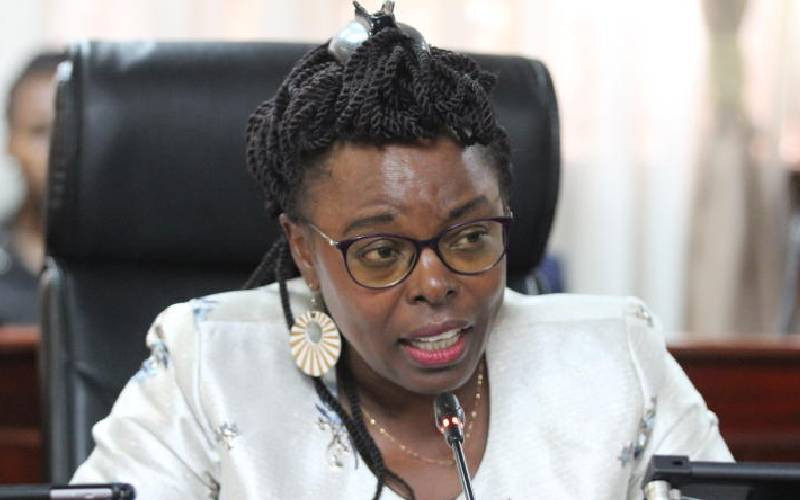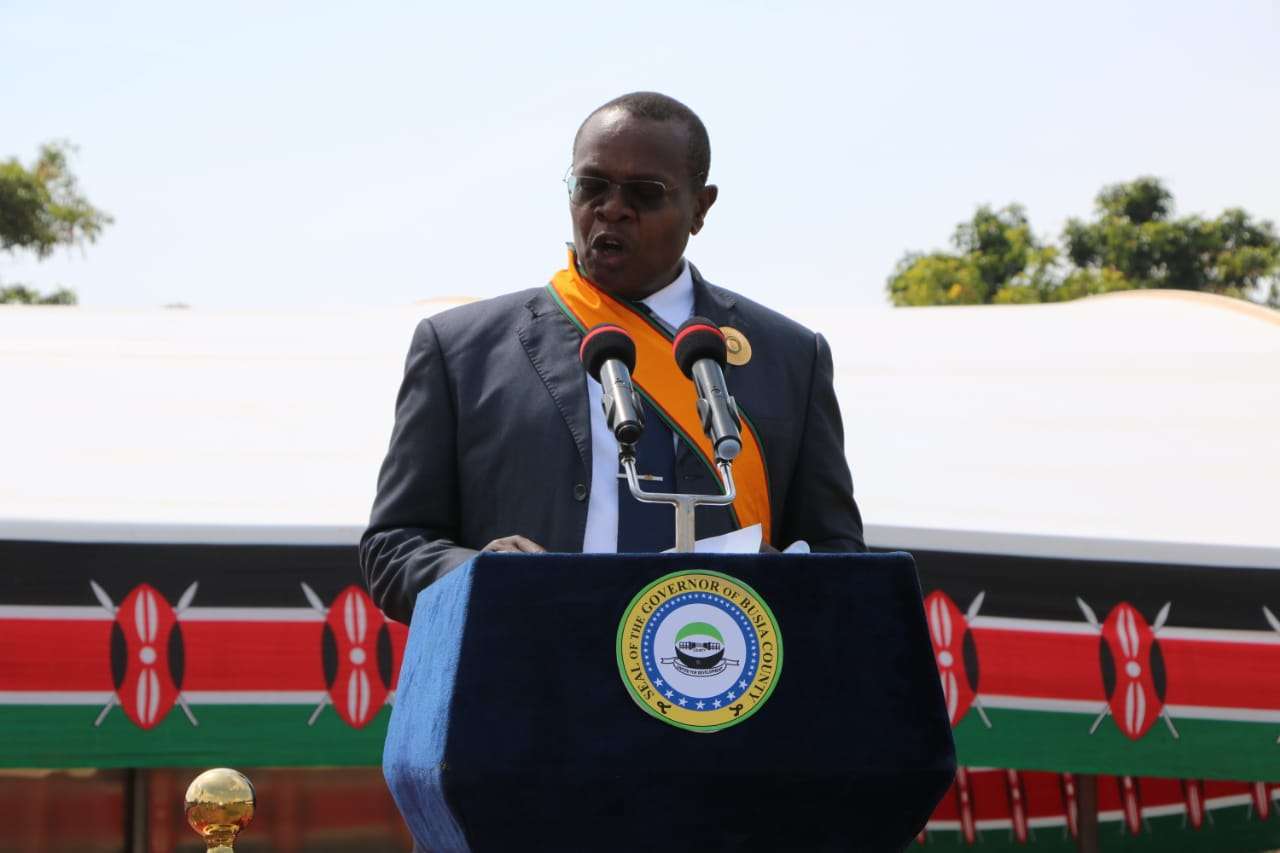By TWV reporter
A coordinated spotlight by three independent oversight bodies has laid bare entrenched corruption, mismanagement, and wastage in Kenya’s devolved units, exposing how billions of taxpayers’ shillings have been lost.
Reports by the Ethics and Anti-Corruption Commission (EACC), the Controller of Budget (CoB) Margaret Nyakang’o, and the Auditor-General Nancy Gathungu paint a grim picture of fiscal indiscipline and poor governance that continue to cripple counties.
The EACC disclosed that it is probing 38 counties for corruption-related cases flagged by the Senate Public Accounts Committee. Only 12 counties, among them Baringo, Kajiado, Narok, Turkana, Kirinyaga, and Machakos, are currently not under investigation. “From 2013, the Commission has completed and forwarded numerous cases to the Office of the Director of Public Prosecutions as is required under Section 35 of the Anti-Corruption and Economic Crimes Act,” the EACC noted in its report.
Case Study: Busia County
In Busia, six county officials are under investigation for conflict of interest after being linked to 26 companies that were paid KSh1.4 billion in contracts during the 2024/2025 financial year.
Other questionable transactions include:
KSh8.3 million spent on hospitality supplies without supporting documents. A consultancy contract worth KSh4.9 million was awarded irregularly.
- Kiambu: Governor Kimani Wamatangi is under investigation for alleged conflict of interest and unlawful acquisition of public property.
- Marsabit: Tenders worth KSh728.8 million awarded under suspicious circumstances.
Nairobi: Irregular procurement of street lighting materials worth KSh38.4 million and questionable pending bills. Revenue Automation System: A contract worth KSh39.5 million saw the supply of 277 gadgets, 144 of which were non-functional. The contract was irregularly extended at an additional cost of KSh7 million.
Controller of Budget’s Concerns
CoB Margaret Nyakang’o highlighted widespread weaknesses in project management and procurement processes. She cited delays in county projects, questionable procurement of medical supplies, and ineffective use of the Equalisation Fund, meant to close service delivery gaps in marginalised regions.
Her report emphasised the need for fiscal responsibility, operational transparency, and stronger governance mechanisms to ensure sustainable growth in countries. Auditor-General Nancy Gathungu flagged fiscal indiscipline, misallocation of funds, and lack of value for money in county projects. Her report further highlighted:
- Breaches of the Public Audit Act, 2015, by accounting officers.
- Numerous inaccuracies in financial statements.
- Missing supporting documents for expenditures.
- Reluctance by county officers to cooperate with auditors.
The reports converge on one central theme: systemic corruption and lack of accountability. Weak internal controls, abuse of procurement processes, and impunity for errant officers have entrenched a culture of graft in devolved units.
Without stricter enforcement and sanctions, billions of shillings meant for health, infrastructure, and social development will continue to vanish into the hands of corrupt officials.





